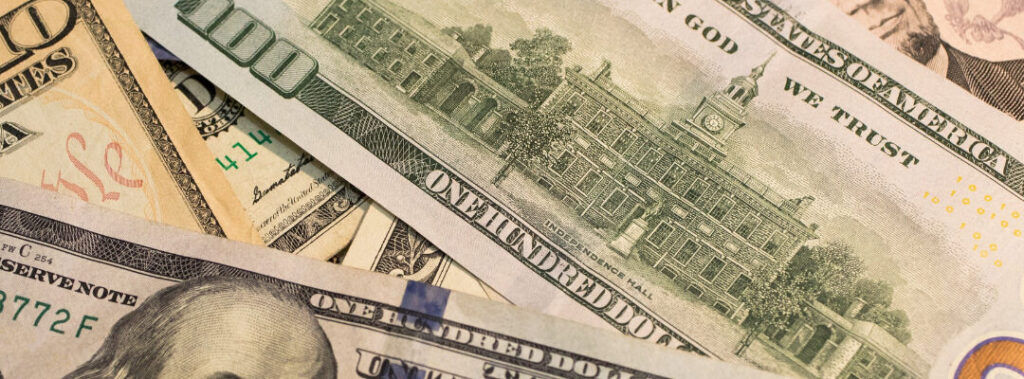I am sharing an article that discusses a new obesity theory claims that people are addicted to fat-promoting, ultra-processed foods and that long-term use of appetite-suppressing drugs like Ozempic is the only effective solution. The article was originally posted on USADailyPost.

A new theory on obesity suggests that people are addicted to fat-promoting, ultra-processed foods—and that medical drugs are the only effective way to lose weight and keep it off. These drugs, such as Ozempic, supposedly suppress hunger by acting on the brain’s food control center. This narrative is being heavily promoted today, but it has a significant flaw: it claims that permanent medication is the only solution.
As a medical doctor, I fundamentally disagree. I do not believe you must take a pill or injection for the rest of your life to stay at a healthy weight. Anyone can lose excess pounds and maintain a healthy weight using common-sense principles that align with human biology. Drugs may suppress symptoms, but they do not address the real cause.
Let’s step back and look at how weight gain has been explained over the years. Three primary theories have tried to explain why people gain weight—and why they often regain it.
1. Lack of Motivation:
This theory assumes that people regain weight because they lack the willpower or discipline to maintain new habits. Behavior modification programs emphasize diet, exercise, goal-setting, and support systems. When people backslide, the blame is placed on their supposed lack of motivation. But motivation is a weak explanation. Many people who are highly motivated in life—in their careers, relationships, and finances—still struggle with weight. So why would food alone be the exception?

2. The Set-Point Theory:
This suggests that your body has a natural “set point” weight that it tries to maintain. If you lose weight, your brain supposedly pushes you back to that set point through hunger and other mechanisms. But this theory lacks proof. No measurable brain or hormone changes have been found in humans to support this biological thermostat idea.
3. Addiction to Ultra-Processed Foods:
This is the newest theory gaining traction. It says that processed, high-calorie foods override the brain’s ability to regulate hunger, leading to addiction. As a result, the only solution is to take drugs like GLP-1 agonists, which help control cravings. But this theory misuses the term “addiction.” Addictions cause withdrawal symptoms—shakes, insomnia, cold sweats—when a substance is removed. That doesn’t happen when you skip a burger or a bag of chips.

Each of these theories assumes something in the brain is broken or flawed. But I believe all three miss the real point. Something is indeed happening in the brain—but not because of willpower failure, an imaginary set point, or addiction. The truth is much simpler and more profound.
What really drives weight gain? The answer lies in how the brain manages nutrient intake.
The author of the award-winning book, Diabetes: The Real Cause and the Right Cure, and Nationally Syndicated Columnist, Dr. John Poothullil, advocates for patients struggling with the effects of adverse lifestyle conditions.
Dr. John’s books, available on Amazon, have educated and inspired readers to take charge of their health. You can take many steps to make changes in your health, but Dr. John also empowers us to demand certain changes in our healthcare system. His latest book, Beat Unwanted Weight Gain, reveals the seven most essential strategies for shedding pounds—and keeping them off for good.
Revolutionize Your Approach to Weight Loss
Award-winning author Dr. John Poothullil introduces a life-changing perspective on shedding pounds without restrictive diets. In Beat Unwanted Weight Gain, you’ll discover seven science-based strategies to take charge of your health, make informed choices, and achieve real, lasting results.
Your transformation starts now!

Unlock your body’s natural ability to reclaim health.
Dr. John Poothullil, a physician with over 30 years of Type 2 diabetes expertise, dismantles misleading pharmaceutical-first narratives and reveals how mindful diet and lifestyle changes can reverse the disease. This evidence-based guide empowers you with clear, actionable steps—no lifelong medications required. Learn how to balance nutrients, control blood sugar, and build lasting habits rooted in science. If you’re ready to beat diabetes the natural way, this book is your roadmap to lasting freedom.



